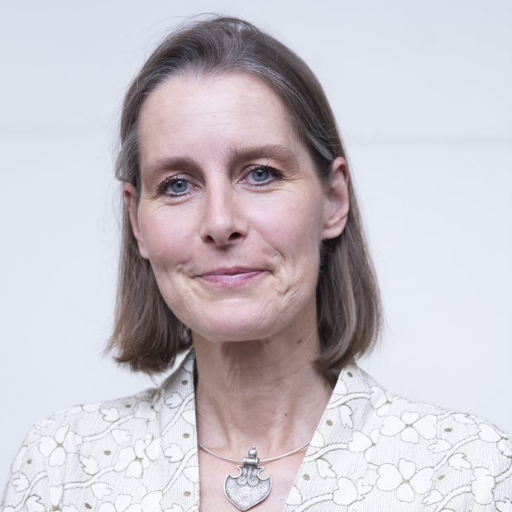Columns
Every child in Nepal has the right to a happy childhood
Although Nepal has made strides in the past 30 years in securing children’s rights, much remains to be done..jpg&w=900&height=601)
Elke Wisch & Veronica Cody
Every day, somewhere around the country, a girl is going to school, her eyes wide with curiosity and excitement. A child is being fed a delicious, healthy meal by a loving mother and father. A young person is playing a musical instrument with incredible skill and passion, despite being visually impaired. Young friends are sitting together, chatting about the challenges they face every day and supporting each other with empathy and love. Perhaps, as you read these words, a newborn baby has entered into this world and will receive a certificate that gives him a name and makes sure he will receive all the benefits and support that he has a right to. These moments happen every day, and each one represents the rights that every child has. How we protect these rights determines the future of our society and the progress of this beautiful country. It is up to us, the adults, to ensure that our children can continue to enjoy all of their rights.
These rights are enshrined in the Convention on the Rights of the Child. The Convention is an international agreement that has ensured that governments commit to change their laws, policies, programmes and budgets so that children’s rights are met. Nepal was amongst the first countries to sign the Convention.
In the 30 years since the Convention was written, Nepal has seen significant progress—from a dramatic reduction in poverty over the last two decades to improvements in the number of children having access to education, clean drinking water and improved sanitation. It fills us with hope to see that there has been an impressive reduction in the number of children who die before their fifth birthdays. Today, fewer children are stunted—an irreversible condition that literally inhibits the physical and cognitive growth of children. This is a testament to the people of Nepal committing to making sure that their children receive the nutrition they need.
But we only have to look around to see that there is much more work to be done for children and young people here in Nepal. The time is now, especially as the future of the nation depends upon the young people who will support an ever-growing aged population. At a global level, if we fail to uphold children’s rights and if we fail to dramatically accelerate our progress for all children, we will not achieve the Sustainable Development Goals.
So, we urge everyone to renew the promise of the Convention on the Rights of the Child. We need to make sure every child has a recognised identity so that they can claim their rights. Four in every 10 Nepali children are not registered at birth—and a large number of adults lack citizenship documents. Moreover, we need to ensure that every child has access to nutritious food, clean water, clean air and a safe climate.
We must do a better job of supporting children’s mental health. Eight out of 10 children are being psychologically or physically punished, and according to the WHO, Nepal has the second-highest adolescent suicide rate in South Asia. On top of this, we have emerging issues, such as air pollution and climate change, which demand an urgent call to action. Millions of children breathe toxic air every day, and this can have a serious impact on their life span and even their intellectual capacity.
These and the many remaining challenges remind us that the fight to secure the rights of every child in Nepal is far from over. We all have a role to play in keeping our promise to children. We must ensure that every child is registered as soon as she or he is born. Every child must receive quality health care, including immunisation. Every child must receive the nutritious food she or he needs to develop in mind and body. Every child must be protected from violence—mental and physical—and exploitation. Every child must have access to quality education and every child should benefit from social protection networks—especially the most vulnerable. Every child must be empowered to have a voice and the opportunity to participate in the decisions that will impact her or his life and the future of their society.
Children are our future and our hope. So, let’s all pledge, in whatever way we can, to protect the rights of every child. Each and every one of us has the power to ensure that every child in this beautiful country has a happy childhood.
***
What do you think?
Dear reader, we’d like to hear from you. We regularly publish letters to the editor on contemporary issues or direct responses to something the Post has recently published. Please send your letters to [email protected] with "Letter to the Editor" in the subject line. Please include your name, location, and a contact address so one of our editors can reach out to you.




 9.83°C Kathmandu
9.83°C Kathmandu
















